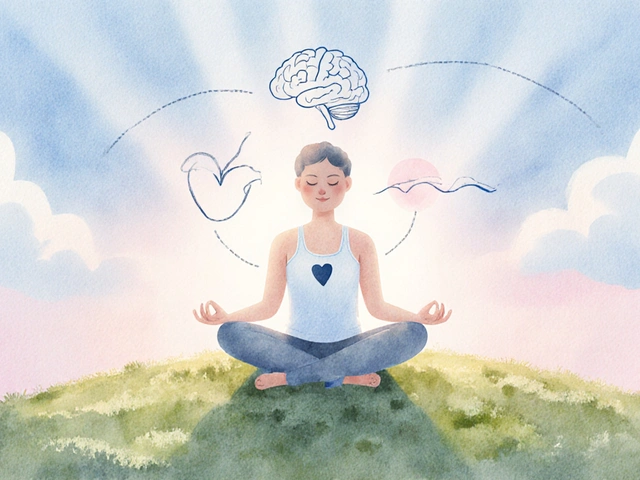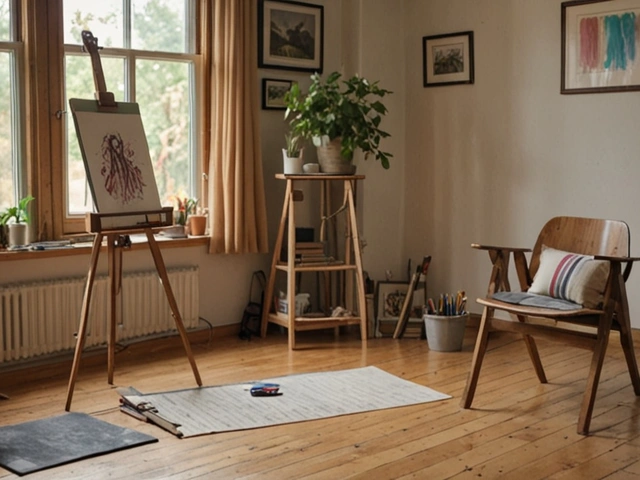Psychological Insights: Practical Mind Tools for Better Mental Health
Want clearer thinking and less stress without weird techniques? Psychological insights are simple, evidence-backed ideas you can use today to feel safer, think sharper, and act calmer. These are not vague promises — they are small practices that change how your brain and body respond to pressure.
Start with one-minute checks. Pausing to notice your breath for sixty seconds lowers heart rate and stops spirals. Try a 4-4-4 breathing pattern: inhale four seconds, hold four, exhale four. Do it three times when you feel tense. That alone reduces anxiety fast.
Shift thinking by labeling emotions. Name the feeling out loud — "I feel angry" — and you reduce the intensity. Labeling works because it shifts activity from your reactive brain to your thinking brain. Add one line of curiosity: "Why do I feel this?" That helps you find a useful next step.
Use focused attention to break habit loops. If stress pushes you toward scrolling or snacking, set a short, specific alternative: stand up and stretch for two minutes, or walk to the window and breathe. Small, concrete actions beat big moral speeches about "willpower."
Gratitude and tiny wins reshape mood over time. Each evening, write three quick things that went okay. Keep them short: "Had a solid call," "Ate a real lunch," "Finished one task." This trains your brain to spot positives without faking optimism.
Creative approaches help when words fail. Drawing a single shape to match your mood, humming a song for five minutes, or dancing to one track can shift your emotional state more effectively than arguing with it. Creative arts therapies use this idea in structured ways — but you can try the basics at home.
Build habits with context cues. Want daily meditation? Attach it to an existing habit: after brushing your teeth, sit for two minutes. After two weeks, increase time by one minute. Small, repeated wins stack into real change.
When worry gets stuck, use a "worry appointment." Give yourself 15 minutes at a set time to worry and problem-solve. Outside that window, gently note "not now" and return to present tasks. This trains the mind to hold concerns without letting them rule your day.
Know when to get professional help. If feelings stop you from working, sleeping, or caring for yourself for more than two weeks, reach out. Therapists, creative arts therapists, and doctors are resources, not last resorts.
Quick checklist to try today: Do three rounds of 4-4-4 breathing. Name one emotion and ask "why?" Swap one habit loop with a two-minute action. Write three small wins before bed.
These psychological insights are practical tools, not instant fixes. Use them regularly, tweak what works for you, and ask for support when you need it. Small steps add up to calmer days and clearer choices.
Try simple apps like Headspace or Insight Timer for sessions, use a pocket notebook for notes, and set a weekly check-in with yourself for progress and small celebrations.
Understanding the Psychology Behind Health Anxiety: Insights and Help
Health anxiety can significantly impact one's quality of life, often leading individuals to believe they have serious medical issues. This article explores the psychological factors behind health anxiety, shares surprising facts, and offers practical tips for managing and alleviating these worries.
View More





